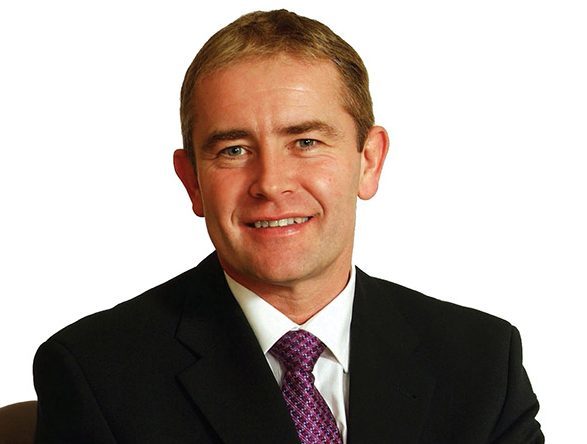
Parkmead Group boss Tom Cross said yesterday the Aberdeen-based oil firm would “take its own path” to growth as North Sea newcomers battle over assets.
Mr Cross, Parkmead’s executive chairman, said the company still had an “appetite” for acquisitions and was “looking carefully” at a number of opportunities.
UK portfolios owned by a number of international oil companies, including Chevron and ConocoPhillips, were put up for sale last year.
A drop in crude prices during the fourth quarter of last year is thought to have put a number of deals on ice.
Brent prices have since picked up, and Mr Cross believes confidence in the North Sea’s future is high among oilfield operators and investors.
Speaking after Parkmead published its half-year results, Mr Cross said a strong financial performance meant the firm was “well positioned” for growth.
But Parkmead will not compete against private-equity-backed newcomers for larger packages of North Sea assets, he said.
Parkmead has completed a number of deals in recent years. It snapped up additional stakes in the Perth and Dolphin fields in February last year, giving it 100% ownership.
The two fields form the bedrock of the firm’s flagship Greater Perth Area (GPA) project in the central North Sea.
London-listed Parkmead has also scooped up acreage in UK offshore licensing auctions, securing nine new blocks in last year’s 30th round.
Mr Cross said: “Our team is very experienced. We have worked in the North Sea our entire careers.
“We’re a long-term resident and we build in areas we know and understand. We are not competing with newcomers. We will take our own path.
“In licensing rounds, we are very successful because we know what we want and are very focused. We have a track record of winning the things we want.”
He said he did not expect Brexit to have implications for Parkmead, which produces from onshore wells in the Netherlands.
OPTIONS OPEN ON GPA
Mr Cross is keeping Parkmead’s options open for developing the GPA.
The company is holding commercial talks with a view to tying GPA back to the Scott site, operated by CNOOC International.
The Scott platform is only about six miles away from GPA.
London-listed Parkmead is also in discussions with a number of major oilfield service companies about the GPA project.
While using existing infrastructure would help keep costs down, the possibility of bringing in a floating production, storage and offloading (FPSO) vessel has not been ruled out.
Mr Cross said it was possible to get “some good deals on FPSOs” in the current market.
He added: “The advantage of an FPSO is that you can move it. If you’ve drained one field you can move the vessel onto another one.”
Parkmead hopes to recover 193 million barrels of oil from GPA.
Meanwhile, “considerable progress” is being made at the Platypus development in the southern North Sea, where first gas is slated for 2021.
Parkmead has a 15% stake in Platypus, which is operated by one of Mr Cross’s former ventures, Dana Petroleum, which has a 59% interest.
Mr Cross built up Dana before selling it to South Korea’s national oil company for £1.7 billion in 2010.
Partners are figuring out the best export route for Platypus ahead of an offtake agreement being signed.
BACK IN THE BLACK
Parkmead was back in the black in the second half of 2018, thanks to a strong showing from its onshore assets in the Netherlands.
Mr Cross described Parkmead’s Dutch production as a “cash engine” which helped the firm grow.
Output from the Diever West field totalled 8,293 barrels of oil equivalent per day during the six months, up 54% year-on-year.
The production boost steered Parkmead to pre-tax profits of £3.8 million in the six months to December 31, a huge improvement on a deficit of £4m for the same period in 2017.
Revenue nearly doubled, to £5.3m from £2.7m, supported by “excellent regional gas prices” in the Netherlands during the reporting period.
Another benefit of onshore production is the low operating costs, usually between $10-15 per barrel, said Mr Cross.
Parkmead has interests in four licences in the Netherlands, which include four producing gas fields, three oil and gas developments and a number of exploration prospects. It plans to carry out production enhancement work on its Dutch portfolio.
In January, the firm received £6.2m from the sale of its stake in Faroe Petroleum, which was taken over by Norwegian company DNO.
Recommended for you

